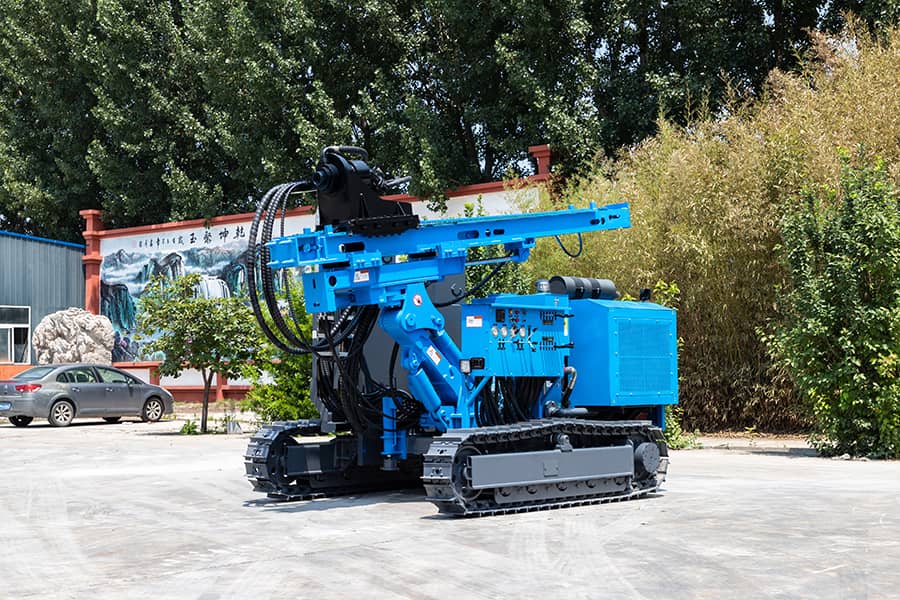
1. Understand Your Soil Conditions
Different soil types require different pile driving techniques and equipment. Conduct a thorough soil analysis to determine if your site has rocky, sandy, or
clay soil. This information will help you choose a pile driver with the appropriate power and capabilities to handle the specific conditions of your site.
2. Evaluate Pile Driver Power and Capacity
The power of a pile driver is crucial for ensuring efficient and effective pile driving. Consider the depth and diameter of the piles you need to install. Higher
power and capacity are necessary for deeper and wider piles. Ensure the pile driver you choose can meet the demands of your project without overworking
the machine.
3. Consider the Pile Driver's Mobility
For large-scale solar projects, the mobility of the pile driver is vital. Look for machines that are easy to transport and maneuver on-site. Compact and mobile
units can save time and reduce labor costs, especially in areas with limited access or challenging terrain.
4. Check for Advanced Features
Modern solar pile drivers come with various advanced features that enhance efficiency and accuracy. Look for features like GPS positioning systems, automatic
control settings, and data logging capabilities. These features can improve the precision of pile placement and streamline the installation process.
5. Assess Durability and Maintenance
Investing in a durable and low-maintenance pile driver can save you money and time in the long run. Check the build quality, materials used, and the
reputation of the manufacturer. Ensure that spare parts and technical support are readily available to minimize downtime and keep your project on schedule.
6. Consider the Total Cost of Ownership
While the initial purchase price is important, also consider the total cost of ownership. This includes maintenance, operation costs, and potential downtime.
A slightly more expensive machine with lower operating costs and higher reliability may be more cost-effective over the lifespan of the project.
7. Read Reviews and Seek Recommendations
Research online reviews and seek recommendations from industry professionals who have experience with various pile driver models. Real-world feedback
can provide valuable insights into the performance and reliability of different machines.
8. Evaluate After-Sales Support
Reliable after-sales support is crucial for the smooth operation of your equipment. Choose a supplier or manufacturer known for providing excellent
customer service, timely maintenance, and technical support.